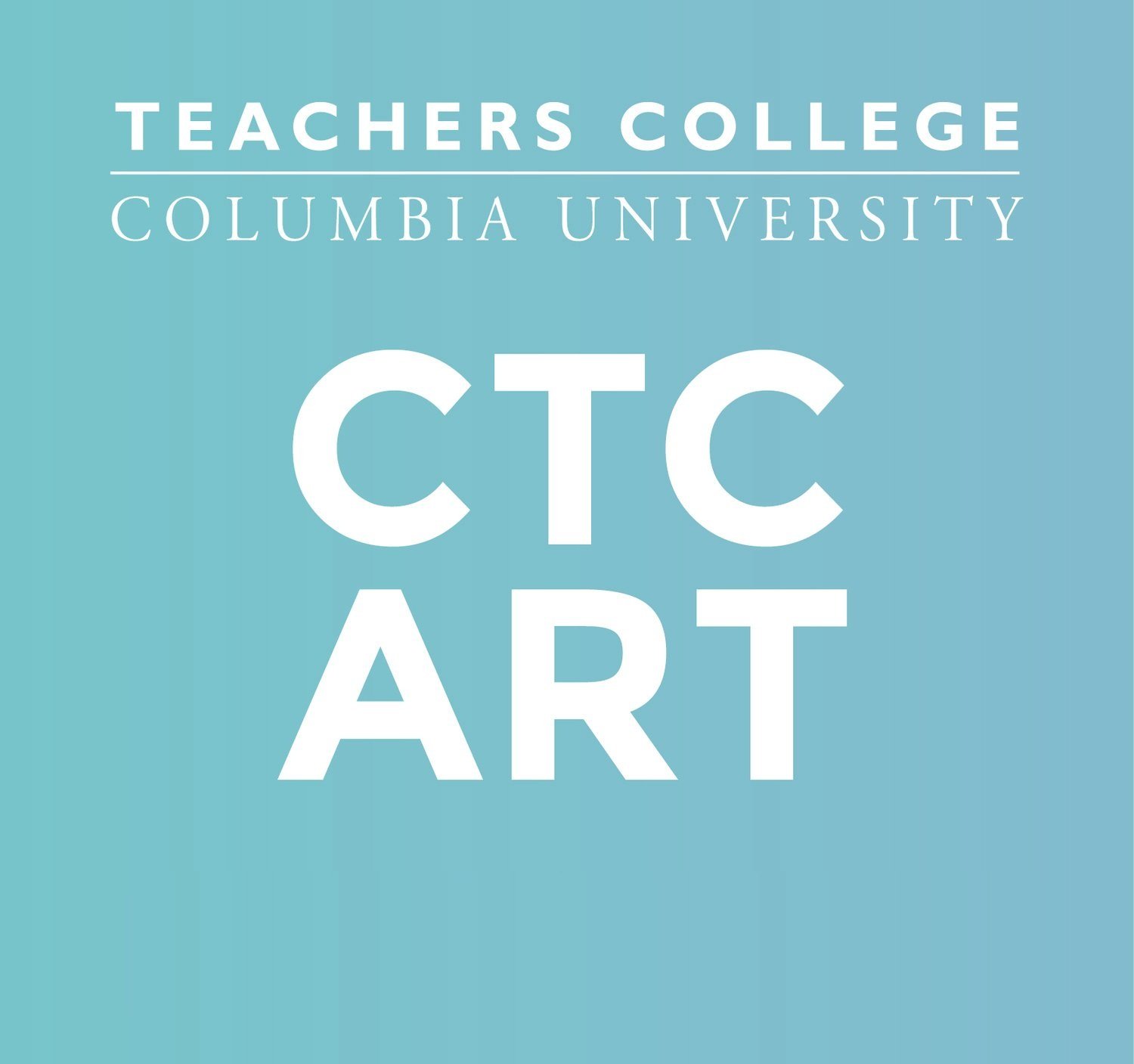“User Friendly”
Today, life seems increasingly prescribed, recursive, normalizing. Stories depicted by mainstream media are increasingly divided. What are the conditions that enabled such narrowing experiences?
Pervasive computing is a term first created by Mark Weiss, the then CTO of Xerox PARC (Palo Alto Research Center) in 1988. Commenting on cumbersome mega computers that were difficult for everyday use at the time, Mark described the original intention of pervasive computing as “A less-traveled path I call the ‘invisible’: its highest ideal is to make a computer so imbedded, so fitting, so natural, that we use it without even thinking about it.” Mark Weiser’s new vision was widely influential in Silicon Valley. Software processes such as machine learning and AI are integrated into analog objects, making them automated, assistive, and “smart.” A smartwatch can vibrate and discretely remind us to end meetings on time. A smart mug can keep our coffee warm.
However, pervasive computing paints a very different picture when applied to cultural production — a territory previously rarely traversed by algorithms. According to AI Now Institute at New York University, an increasing amount of employers are integrating pervasive computing as part of their HR hiring process. Through AI algorithms, employers can extract social media patterns from potential employees and compare them to their social media content. Then, the algorithm calculates a probability of likeness. Trained from past behavioral data, this process naturally mirrors the historical trends of employment. Women, minorities, and other historically underrepresented populations will continue to be portrayed as less fitting.
Using COVID as a prefix, commercial companies are promoting the integration of AI into online classrooms, reasoning that this software can detect student engagement based on image analysis of their facial expression. This will have a tremendous impact on the future of Education and human consciousness at large.
In this two-part workshop series, we will discuss the current development of AI. It’s methodologies and implementations. In part II of the workshop, we will collectively explore meaningful interventions around AI, using a variety of software design and development platforms.
Date: This online workshop meets on Friday, April 9 EST via Zoom.
Price: $0
Audience: Open to all who are interested in critical software culture. No prior software design or development experience is needed.
Materials: Participants should have a writing utensil, paper, and a personal computer with access to the internet.
Please note, this online workshop will begin promptly at the listed start time. In order to ensure the quality of instruction for all participants, late entry will not be permitted. For questions, please contact myersmediastudio@tc.columbia.edu.
This program is supported in part by public funds from the Brooklyn Arts Council.

